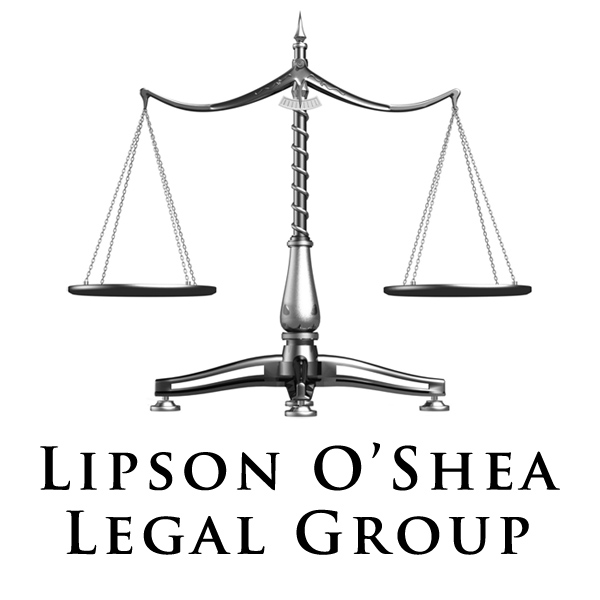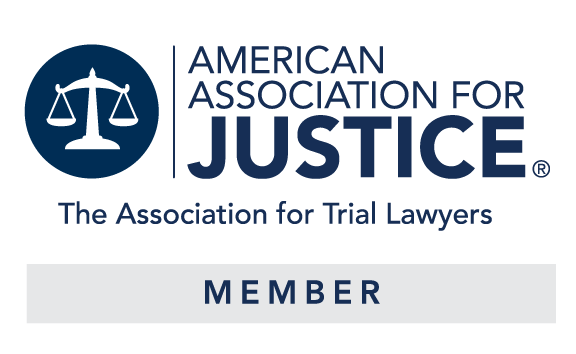Business Litigation Update: Avoid oral agreements on big transactions.
/The Ohio Supreme Court held recently that if an agreement between two parties is technically covered by what is know as the “Statute of Frauds” (i.e. a statute that lists certain types of agreements that must be in writing to be enforced in court), then even good faith part performance of an oral version of that agreement cannot be advanced as an excuse for not having the agreement in writing in the first place. See http://www.supremecourt.ohio.gov/rod/docs/pdf/0/2009/2009-Ohio-2057.pdf. It use to be that some lower appellate courts in Ohio had held that a party could argue that the Statute of Frauds could be ignored if either party to an oral agreement had partly performed obligations under the oral agreement or relied on the existence of the agreement to their detriment. No longer. This decision has far reaching implications in certain industries and areas of trade where many complicated and/or financially large transactions happen on sometimes a daily basis. Business contracts covered by the Ohio Statute of Frauds include agreements involving real estate (including leases), agreements that cannot by their operation be performed in less than a year, and agreements to take over the debt of another person (this is not the complete list). Thought: Consult your local transactional lawyer long before you invest time and money on a deal that may be covered by the State of Frauds. Make sure the agreement for that deal is covered by a written contract.



